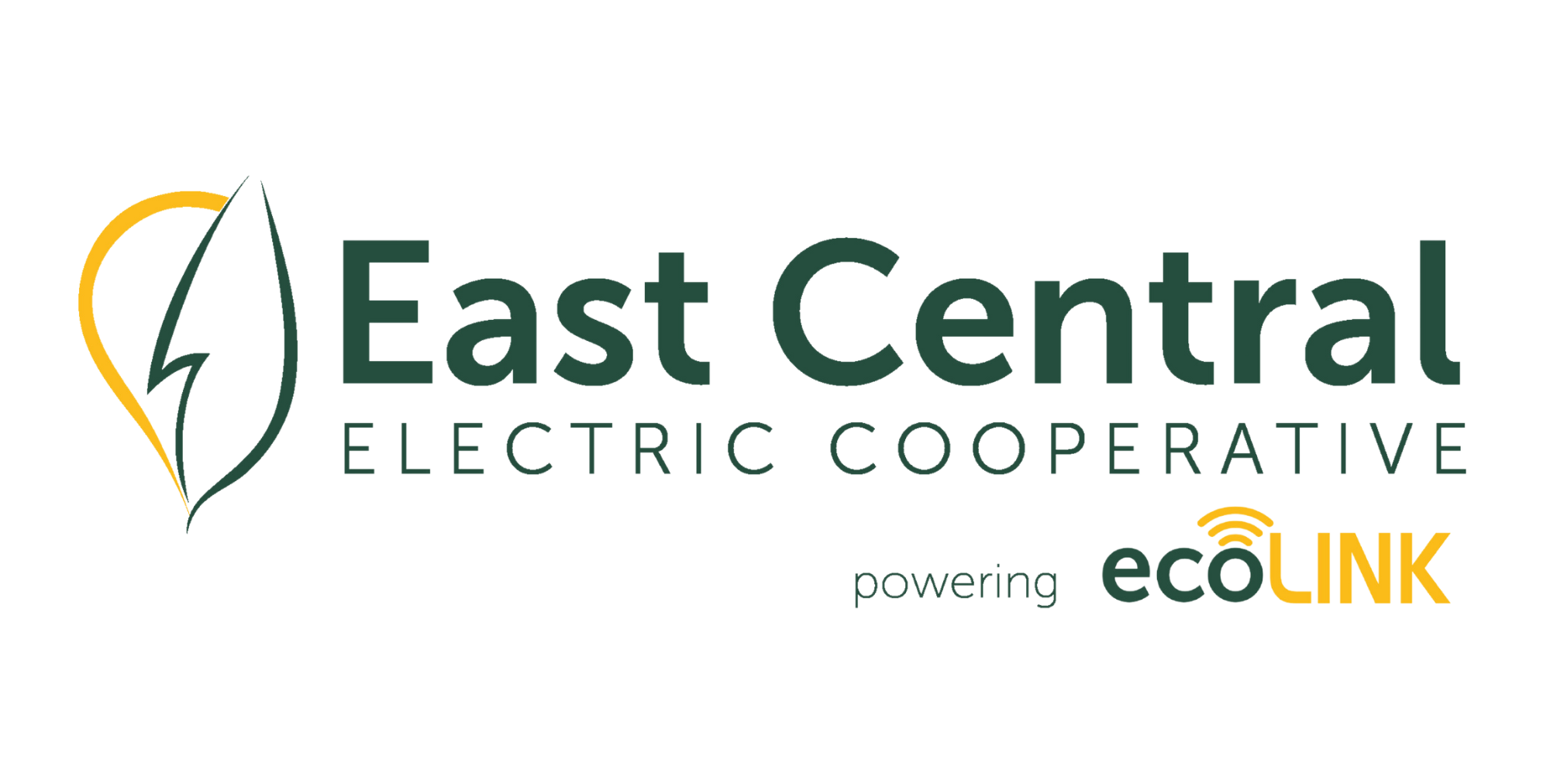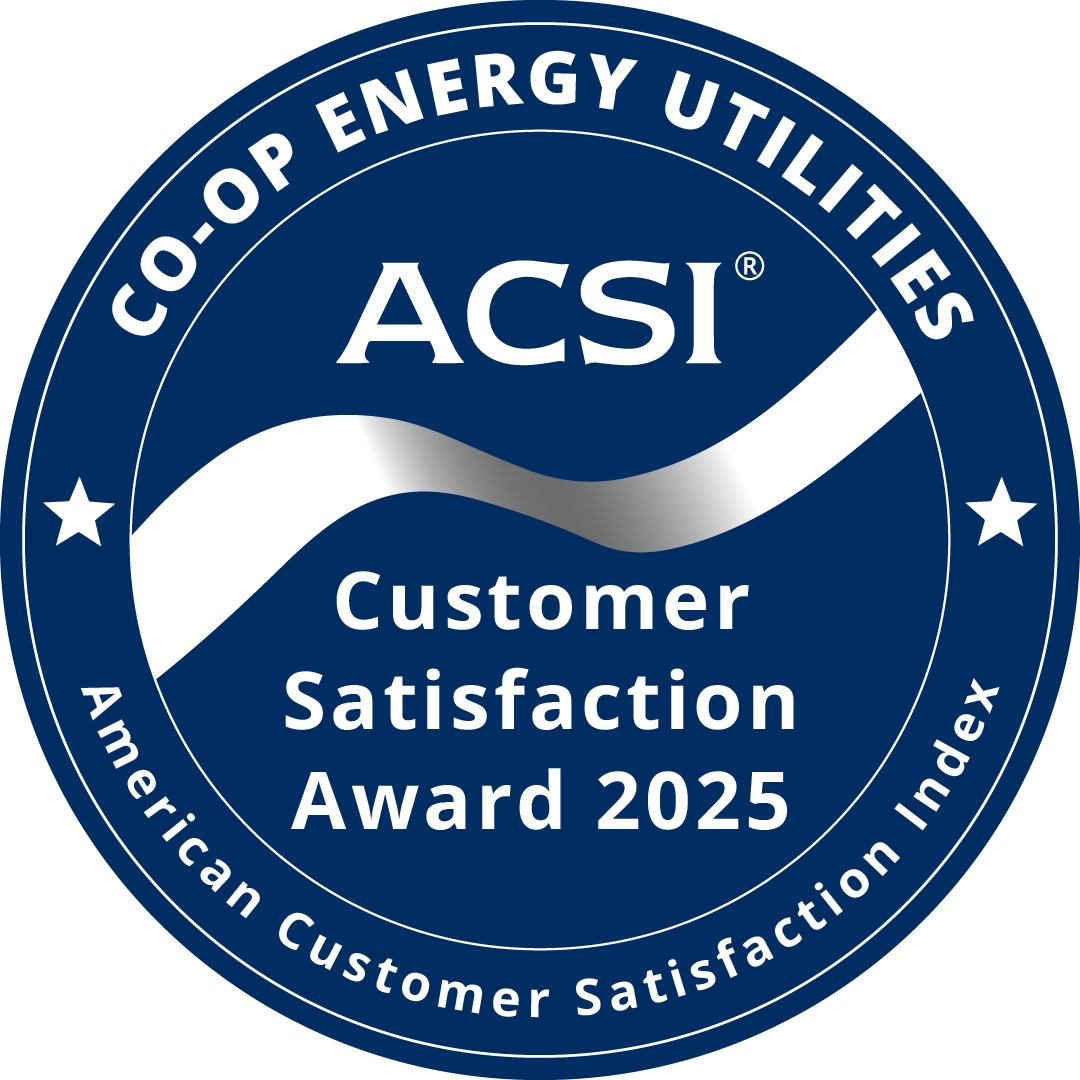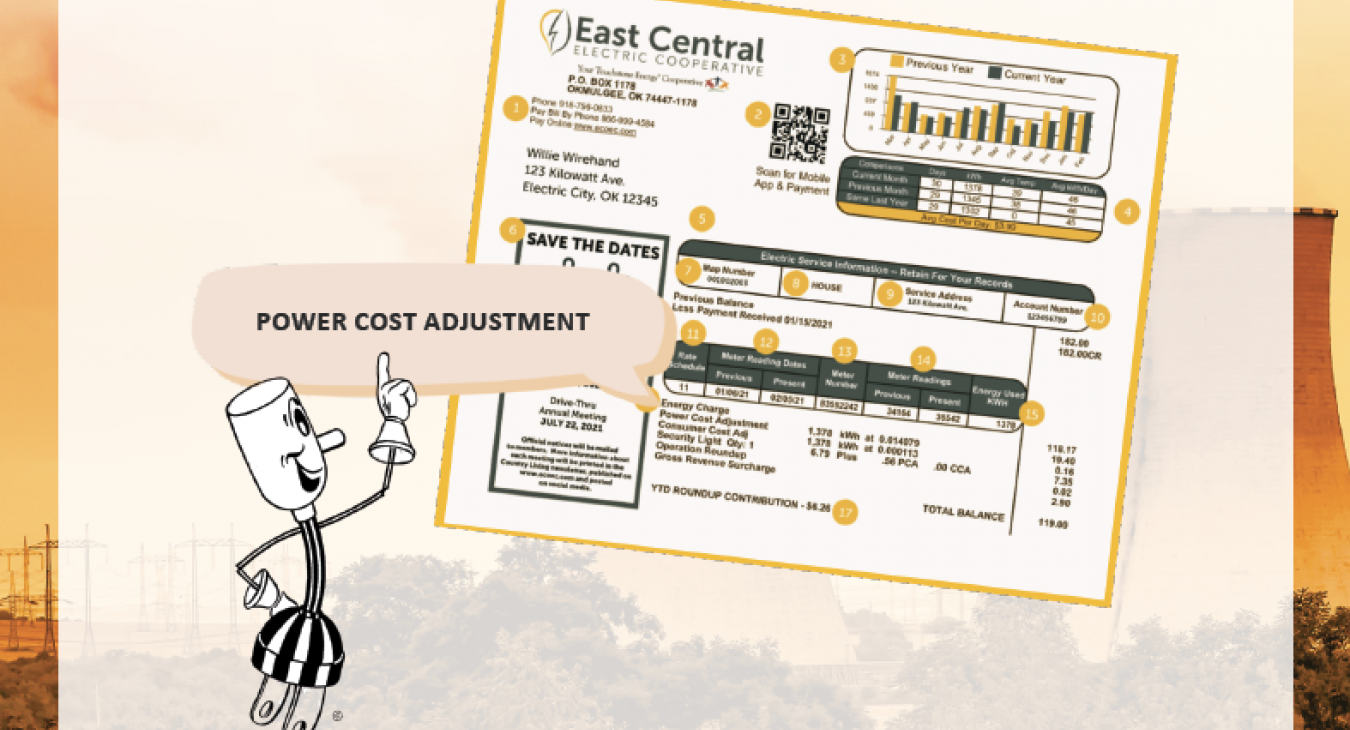East Central Electric is a not-for-profit, member-owned electric cooperative that works hard to control costs while still providing our members with safe, reliable electricity. Our team members strive to minimize the impact of any necessary price increases. In fact, our last rate increase was in 2015 – almost a decade ago.
In that decade, we have seen run-away inflation exacerbated by a global pandemic, 100-year storms, and supply-chain failures. Each of those has played a factor in the increasing costs of fuel sources used to create electricity, and in turn, an increase in the cost of electricity for consumers.
The increasing cost of fuel is reflected in the Power Cost Adjustment (PCA) portion of each of our member’s electric bills. The PCA is a pass-through cost based on the wholesale cost of fuel. The PCA is set monthly by our wholesale power suppliers, KAMO Power and Western Farmer’s Electric Cooperative, and it changes based on the cost of fuel used to generate electricity.
Wholesale power suppliers generate electricity from many sources including hydroelectric dams, solar and wind farms, coal-powered steam generators, and steam generators powered by oil and natural gas. When the cost to generate power goes up, so does the PCA.
Ted Hilmes, CEO of KAMO Power, said, “KAMO Power’s member distribution cooperatives will see increased power costs beginning April 2023. The increase is due to factors affecting most businesses and industries, as well as individual family budgets.”
“The cost of fuel has significantly increased compared to past years, causing a direct increase to power supply costs. In addition to fuel costs, high rates of inflation, high interest rates and global supply chain congestion are increasing the costs of equipment and materials used to construct and maintain the transmission and generation assets that provide the service,” Hilmes said. “Despite these real challenges, KAMO was able to minimize the cost increase to our member cooperatives through financial flexibility and operating cost control.”
ECE General Manager Tim Smith emphasized that the PCA is a pass-through cost.
“In keeping with our cooperative principles, the money we receive on our member’s electric bills goes out to pay for the costs of providing service,” Smith said, whether that’s reflected in the PCA for the cost of fuel, or the energy charge for the cost of the poles and wire that get electricity to your home. “We work hard with our industry partners to keep those costs as low as possible, every day.”


